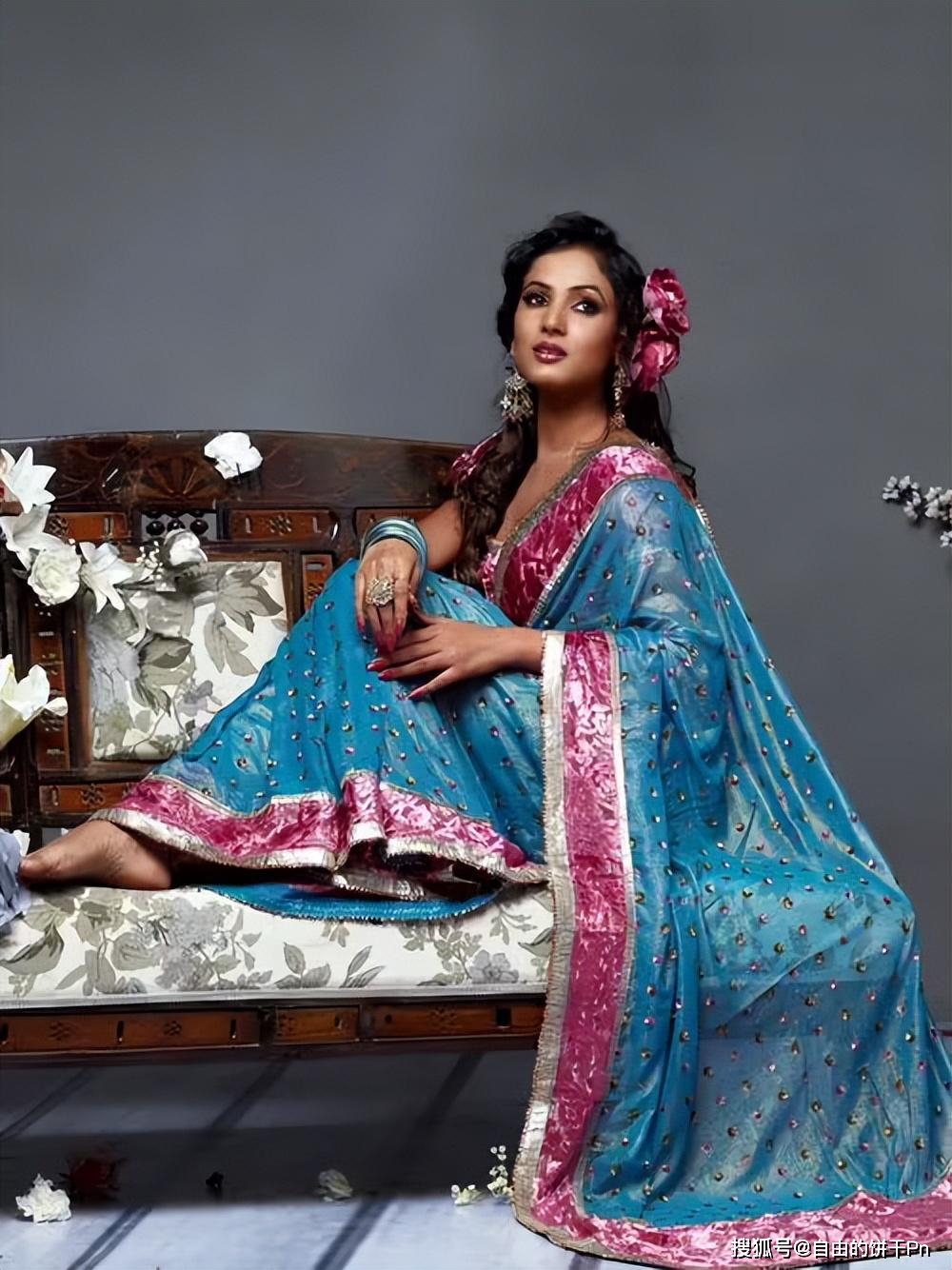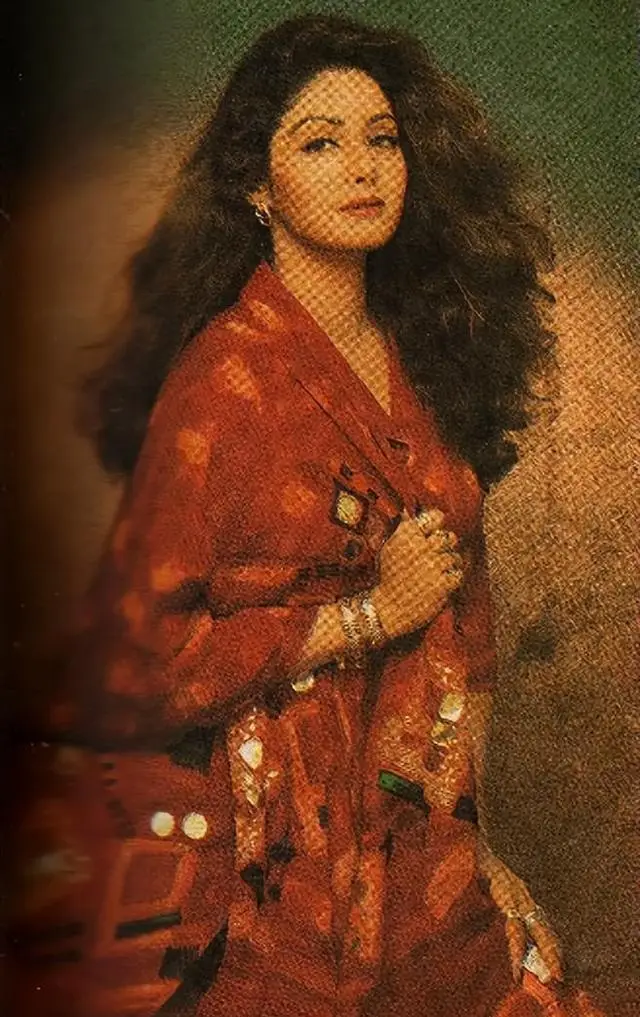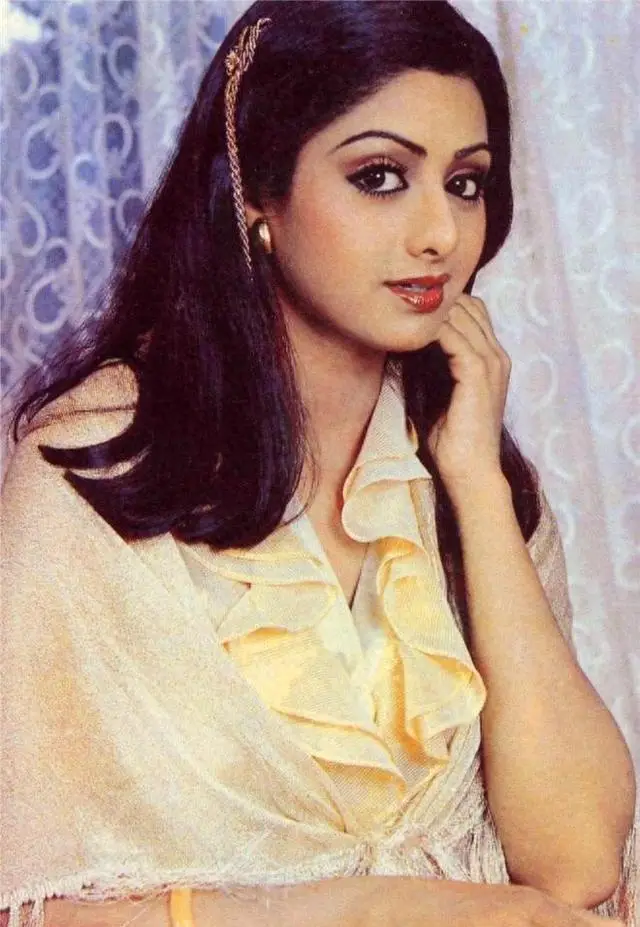Female poets from India and Sri Lanka have long been voices of power, resilience, and transformation. Their poetry often goes beyond mere artistic expression, reaching deep into the soul, offering solace, healing, and guidance. In many ways, their work reflects the profound cultural and spiritual contexts of their respective countries, weaving together themes of love, nature, spirituality, identity, and healing. These poets, often marginalized or underestimated in their time, have shaped literary traditions that continue to influence the spiritual and emotional landscapes of their societies. This article explores how their words have served as instruments of healing, helping to nurture and guide individuals through personal struggles and societal challenges.
Throughout history, both Indian and Sri Lankan female poets have contributed to a tradition of poetry that serves as a spiritual balm for the soul. In many cases, their work was rooted in personal or collective suffering, yet it also embodied the transformative power of resilience. From the ancient to the contemporary, these poets have utilized their writing as a tool for healing—whether it is healing from personal loss, overcoming social injustice, or seeking spiritual enlightenment.
In India, poets like Sarojini Naidu and Kamala Das wrote extensively about love, grief, and personal identity, allowing readers to connect with the raw emotions expressed on the page. Sarojini Naidu, often referred to as the “Nightingale of India,” explored themes of love, loss, and longing. Her poetry often reflected the universal human experience of searching for solace in times of sorrow. Naidu’s ability to capture the delicate nature of love and the pain of separation resonates with readers on a deep emotional level, offering comfort and a sense of shared humanity. Through her verses, she not only spoke to the hearts of her contemporaries but also to future generations who would seek refuge in her words.
Kamala Das, on the other hand, was known for her bold and unapologetic exploration of female desire, sexuality, and emotional struggles. In works such as “My Story,” her autobiographical account, Kamala Das laid bare her soul, inviting readers into her personal world of heartache and longing. Her poems explored the intricacies of a woman’s experience in a patriarchal society, touching on the anguish of unfulfilled desires and the quest for personal identity. Through her unflinching honesty, Kamala Das became a voice of liberation for many women who found healing in her words.
the poets like Amrita Pritam and Mahadevi Varma from India used their poetry as a way to express personal and collective pain. Amrita Pritam’s poetry, deeply influenced by the Partition of India, is often filled with themes of loss, separation, and yearning. Her work became a voice for those displaced by the violence of partition, providing comfort and a sense of identity to a fragmented population. Mahadevi Varma, another iconic poet, was deeply invested in exploring the emotional and spiritual dimensions of life. Her verses often centered on themes of introspection, self-realization, and the quest for inner peace. Her poetry provided a way for readers to reflect on their own spiritual journeys, offering healing for both the mind and the heart.
The role of women poets in Sri Lanka is equally important, as they have addressed themes of identity, social change, and healing within their unique cultural context. Poets like Leela de Silva and Sharmila Liyanage have used their work to confront the complexities of Sri Lanka’s political and social environment, providing healing both individually and collectively. Leela de Silva’s poems often touched on the challenges faced by women in a patriarchal society, while also exploring the emotional landscapes of love and loss. Her poetry provided an avenue for women to find strength in their own voices, encouraging self-expression and personal empowerment. Sharmila Liyanage, another significant Sri Lankan poet, frequently wrote about the pain and healing associated with the Sri Lankan civil war. Her verses encapsulated the trauma of displacement, loss, and the long journey toward peace, while offering a sense of hope and renewal for the future.
In both India and Sri Lanka, female poets have also drawn heavily on spiritual and religious themes in their work, channeling the power of faith as a means of healing. Many poets from both countries have written about their relationship with divinity, exploring themes of devotion, surrender, and transcendence. Spirituality, in its various forms, plays an essential role in their healing poetry. For example, poets like Ananda Devi and Rukmini Bhaya Nair have explored the intersection of personal suffering and spiritual liberation. Their works offer a sense of peace by inviting readers into a contemplative space where the soul can find solace.
What makes the poetry of these female voices particularly healing is their ability to bring both the personal and the collective together. The spiritual and emotional truths they explore in their writing often transcend individual experience, connecting readers to larger societal narratives. In Sri Lanka, where the civil war left deep scars on the collective psyche, poets like Kumarika R. and Nimalka Fernando wrote about the shared experiences of suffering and loss, yet their words provided a path toward healing. By exploring themes of peace, reconciliation, and healing, they helped individuals and communities process the trauma of the war, offering a pathway to emotional recovery.
In India, poets have often sought to bridge the divide between personal anguish and social transformation. Poets like Geetanjali Shree and Chitra Banerjee Divakaruni write with an awareness of the broader social context in which they operate, using their art to comment on issues like gender inequality, displacement, and the struggles of marginalized communities. Through their poetry, these poets not only confront the deep wounds of society but also offer a means of healing, showing that through collective awareness and individual healing, transformation is possible.
One of the key aspects of healing poetry from both India and Sri Lanka is the relationship between language and the soul. The language these poets use is often steeped in metaphor, imagery, and symbolism, which allows for the expression of complex emotions in a way that resonates deeply with the reader. The poetic language creates a bridge between the inner world of the poet and the reader, providing a space for emotional and spiritual healing. The lyrical nature of their poetry often brings a sense of peace, calm, and clarity, allowing individuals to reflect on their personal journeys and find healing within themselves.
The poetry of female poets from India and Sri Lanka offers a deep well of healing for the soul. Whether through themes of love, loss, spirituality, or social justice, these poets have provided a rich tradition of words that speak to the emotional and spiritual needs of their readers. Their poems continue to be a source of comfort and inspiration, offering solace in times of sorrow, hope in moments of despair, and clarity in the midst of confusion. As these female poets continue to shape the literary traditions of their countries, their work will remain an essential part of the healing process for generations to come.
Here is a list of notable female poets from India and Sri Lanka, spanning different time periods and languages. These poets have made significant contributions to literature in various genres, including poetry, prose, and other forms of creative writing.

Indian Female Poets:
Sarojini Naidu
Kamala Das (Madhavi Kutty)
Mirza Ghalib (often considered to have written with both male and female perspectives)
Amrita Pritam
Mahadevi Varma
Subhadra Kumari Chauhan
Bharati (Subramania Bharati)
Pratibha Ray
Keki N. Daruwalla
Taslima Nasreen
Kamini Roy
Anita Desai
Gulzar
Alka Yagnik
Rita Dove
Bina Pani Debi
Kavita Krishnan
Geetanjali Shree
Chitra Banerjee Divakaruni
Suhasini S.
Violet Neelam
Madhuri Banerjee
Sangeeta Bandyopadhyay
Gita Mehta
P.K. Vijayan
Shashi Tharoor
Nivedita Menon
Meena Kandasamy
Manju Kapur
Arundhati Subramaniam
Rita Choudhury
Padmini Jadhav
Rukmini Bhaya Nair
Prathima Aisola
Sujata Bhatt
Malathi Rao
Sita Pahwa
Kavita A. Jindal
Sharmila Ray
Rukmini S.
Shanta Acharya
Meenakshi Mukherjee
Madhavikutty (Kamala Das)
Sudarshana Seneviratne
Lalita S.
Nirupa Rao
Suman K.
Saswati Dutta
Madhuri Sengupta
Sushma Joshi
Jaya Bhattacharji Rose
Rina Singh
Madhumita R.
Indira Goswami
Aditi De
Anjali Joseph
Arpita Saha
Urvashi Butalia
Usha Kiran Khan
Kavita S.
Manisha Dutt
Raghuvanshi
Monica Arora
Pushpa K. Jha
Sashi Tharoor
Sudarshana Srinivasan
Nidhi S.
Aditi Das
Sushma Singh
Jhuma S.
Rajeev R.
Vandana Singh
Savitri S.
Maya Pandit
Tanuja K.
Ratna K. D.
Saswati Banerjee
Nivedita Subramanian
Indu Sharma
Meenal P.
Shobha K.
Rakhi Roy
Neela Vaswani
Anjana P.
Sita S
Anita Sharma
Priya K.
Rashmi R.
Jyoti K.
Sarita Yadav
Vandana D.
Neelam D.
Rekha Gupta
Shalini D.
Jayanthi K.
Laxmi R.
Sumati H.
Poonam Sharma
Madhavi K.
Sangeeta Yadav
Bina Yadav
Manisha K.
Hina K.
Suman R.
Rupal K.
Anjali Joshi
Sharika S.
Priti K.
Suman Kumari
Pratibha Singh
Indira B.
Usha K.
Swati Sharma
Ritika S.
Vandana Raj
Reena Kumari
Arpita Roy
Kalyani K.
Kavita Subramaniam
Tanvi B.

Sri Lankan Female Poets:
Leela de Silva
Gail L. S.
Yasmine Gooneratne
Rohini de Silva
Sharmila L.
Kamala Wijeratne
Selina Senanayake
Ashok Ferrey
Kumarika R.
Lalitha Liyanage
Nimalka Fernando
Chandrika L.
Poornima S.
Nimali K.
Surangani M.
Sonal Silva
Nira S.
Sarojini R.
Selvi Arulpragasam
Sithy Najeeba
Tina S.
Rani Liyanage
Malathi de Alwis
Kanthi Kirinde
Dina Liyanage
Vidhya Jayawardena
Nishara W.
Chandana Mendis
Kandiah A.
Suba R.
Sangeeta S.
Saroja M.
Ruvani Jayathilaka
Shanthi de Alwis
Tara G.
Jayanthi Jayaratne
Ruth de Alwis
Vijaya M.
Niranjala C.
Punyani S.
Muthumani S.
Selvakumari S.
Jaya K.
Suvina A.
Rajini M.
Nireka Liyanage
Amari Kumari
Rupa K.
Minaly D.
Chandra Senanayake
Indra K.
Kamini R.
Meena K.
Shakila Senanayake
Sathya Jayasuriya
Ranjani W.
Shamila G.
Lalitha R.
Kumudini R.
Prithi S.
Hema R.
Nirupa N.
Hiranthi K.
Shanthini R.
Rehana W.
Sundari V.
Malar V.
Sangeetha S.
Sabeetha V.
Sithara Liyanage
Chandima Jayawardena
Yasmin G.
Mahalakshmi M.
Deepika S.
Anushka K.
Sundari W.
Manori S.
Nithya N.
Vidya W.
Nalini V.
Rathi A.
Lanka S.
Madhavi W.
Deepa G.
Chandrika A.
Karuna S.
Nayomi S.
Pramodini P.
Sumathi W.
Ravina G.
Ravina D.
Kaushalya J.
Nayana W.
Anjalee K.
Rukmani L.
Sireesha G.
Radhika S.
Shehanthi M.
Harshini K.
Vimala R.

Indo-Aryan female poetry has a profound cultural and spiritual impact, with its influence extending into the realm of emotional, psychological, and even physical healing. While the direct connection between Indo-Aryan female poetry and gynecological healing may not be explicitly stated in medical terms, the therapeutic qualities of this poetry, particularly in relation to emotional and spiritual healing, can indirectly support gynecological health and contribute to a broader sense of well-being for women. This healing effect is rooted in the harmonization of mind, body, and spirit—elements that play a significant role in the holistic understanding of health in both Ayurvedic and modern perspectives.
Emotional Healing and Gynecological Health
In Indo-Aryan cultures, women’s health has always been viewed holistically, with emotional and psychological states often seen as closely intertwined with physical well-being. Female poets, through their exploration of themes such as love, loss, identity, and spirituality, offer a means for women to process and release pent-up emotions, providing a form of psychological catharsis that can have profound effects on physical health. This emotional release is critical in gynecological healing, as stress and emotional imbalance are often associated with various gynecological conditions, such as menstrual irregularities, reproductive health issues, and infertility.
Poets like Kamala Das, Sarojini Naidu, and Amrita Pritam have written about the struggles, joys, and complexities of being a woman, often highlighting the emotional depth of experiences tied to female identity. The act of reading or engaging with these works allows women to reflect on their own emotional states and gain insight into their personal journeys. This process of reflection can alleviate emotional tension, reduce stress, and promote better hormonal balance—essential elements in maintaining gynecological health.
For instance, Kamala Das’s confessional style in her poetry and autobiography exposes the raw, vulnerable emotions tied to the female experience. Her work delves into themes of desire, identity, and societal expectations, all of which resonate with the lived experiences of many women. By articulating these emotions, Das empowers women to express their own repressed feelings, which can foster emotional healing and encourage the release of emotional blockages. This kind of emotional catharsis can be particularly beneficial in dealing with conditions such as premenstrual syndrome (PMS) and post-partum depression, both of which have emotional and psychological components.
Spiritual and Mental Harmonization
In the Indo-Aryan poetic tradition, many female poets weave spiritual elements into their work, drawing upon themes from Hindu philosophy, mythology, and devotion. These spiritual elements offer an avenue for mental and emotional harmonization. For example, the focus on devotion, surrender, and inner peace found in the works of poets like Mahadevi Varma and Ananda Devi can promote a sense of serenity and spiritual alignment. This kind of spiritual connection is particularly beneficial for women’s health, as it encourages a balanced state of mind—essential for optimal physical health.
In Ayurveda, the concept of harmony is central to health. Emotional balance and spiritual well-being are believed to influence the body’s energy, or doshas, and this balance is particularly important for women’s health. When women engage with poetry that offers spiritual healing, such as poetry focused on devotion to the Divine or self-realization, they can experience a sense of peace and mental clarity. This can translate into better overall health, including improved reproductive health, reduced menstrual discomfort, and a more balanced hormonal system.
The Role of Feminine Energy and Creativity
Indo-Aryan female poets often explore the concept of feminine energy, which is deeply tied to creativity, fertility, and life-giving force. This exploration of the feminine divine and the power of the feminine spirit can have a therapeutic effect on women’s health by affirming their inherent strength and vitality. The celebration of the feminine energy in the works of poets like Mirabai (a 16th-century mystic poet) and Lal Ded (a 14th-century Kashmiri poetess) invokes a sense of sacredness in being a woman and reinforces the importance of nurturing one’s body and spirit.
Mirabai’s devotional poetry, which focuses on her intense relationship with Lord Krishna, is an example of the way in which poetic exploration of the divine can offer comfort and healing. Through her verses, Mirabai expresses both her longing and her sense of complete devotion, portraying a deep connection between the physical and spiritual realms. For women, engaging with such poetry can facilitate an alignment of spiritual and physical health, harmonizing the emotional energy needed for both psychological well-being and physical fertility.
Lal Ded, whose poetry is deeply rooted in Kashmiri mysticism, similarly addresses themes of inner awakening and the sacredness of the feminine. Her poetry often encourages women to reclaim their inner strength and recognize the divine energy within them. For women dealing with gynecological issues related to emotional or spiritual imbalance—such as infertility, irregular menstruation, or hormonal disorders—such an awakening can serve as a catalyst for healing by helping them connect more deeply with their bodies and their spiritual selves.
The Healing of the Collective Female Experience
In many Indo-Aryan female poets’ works, the collective experience of womanhood—be it suffering, resilience, or empowerment—is central. The act of reading these poems allows women to feel seen and understood, facilitating a healing process that is not only personal but also collective. Poetry becomes a shared space for the release of communal trauma and a form of collective emotional healing.
For example, Amrita Pritam’s poetry, often centered around the trauma of Partition, taps into collective pain but also provides a space for healing through storytelling. By acknowledging the shared struggles of women during the partition, Pritam’s poetry helps women understand that their pain is not isolated but part of a larger, interconnected history. This sense of collective understanding can foster a sense of community and solidarity, which is vital for emotional and gynecological health.
Moreover, the healing effect of collective experience extends to the intergenerational transmission of wisdom. Female poets, by articulating the struggles and triumphs of previous generations, create a legacy that helps modern women understand their place within this continuum. This connection between past, present, and future can provide women with a sense of purpose and emotional grounding, which is vital for overall health.
Psychosomatic Effects
The impact of Indo-Aryan female poetry on gynecological healing can also be understood through the lens of psychosomatic medicine. The mind-body connection is central to both Ayurveda and modern medical practices, and the psychological benefits of engaging with poetry are well-documented. Stress, anxiety, and emotional distress can all manifest physically in the body, affecting the menstrual cycle, fertility, and reproductive health.
Poetry, particularly the kind written by women for women, has the potential to reduce stress and promote mental well-being. By engaging with poetry that reflects their own experiences, women can alleviate anxiety, reduce cortisol levels, and achieve a state of mental calmness. This reduction in stress can have direct positive effects on gynecological health, as stress is often a contributor to conditions like polycystic ovary syndrome (PCOS), fibroids, and endometriosis.

